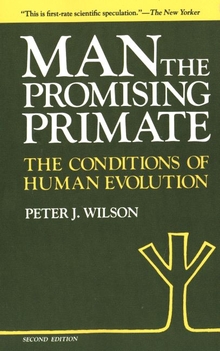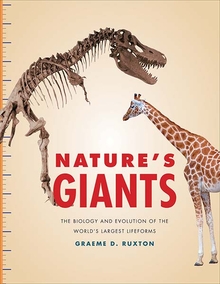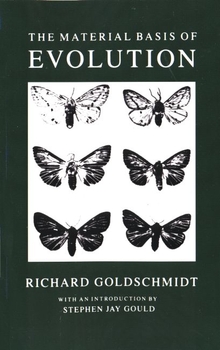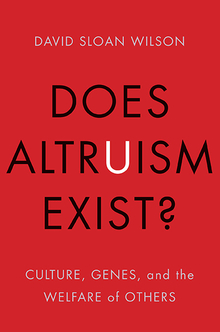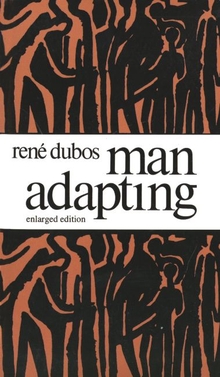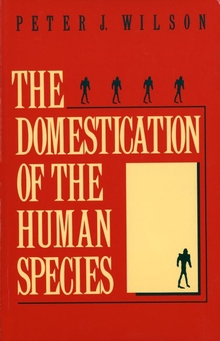Man, The Promising Primate
WARNING
You are viewing an older version of the Yalebooks website. Please visit out new website with more updated information and a better user experience: https://www.yalebooks.com
The Conditions of Human Evolution, Second edition
Peter J. Wilson
In spite of recent advances in the study of evolution, scholars have shied away from the most intriguing problem of all—how and why animal nature became human nature. In confronting this problem, Peter Wilson leads his readers on a fascinating exploration. What made it possible, he asks, for one genus of the order Primates, living in Africa in the Plio-Pleistocene era, to become human and to develop culture? Continuing the tradition of bold speculation fathered by the philosophical anthropology of Hobbes and Rousseau, Wilson seeks to unravel the evidence for such basic human adaptations as self-conscious thought, symbolic kinship, ritual behavior, and objective reasoning.
While genetics may account for potentialities and limits, Wilson argues that the actual evolution of a species can be understood only in relation to the changing conditions of its environment. Rejecting the idea of a human evolutionary leap as contradicting Darwin’s theory, Wilson shows how the continuity of the genus Homo within the order Primates is to be found in generalization. Man was and is a promising primate, of endless potential coupled with a vulnerable need to exchange promises. From these emerge kinship systems, society, and culture.
This incisive and gracefully written book offers both a new synthesis and a fresh starting point for evolutionists in several disciplines. Its central argument and special insights—into fatherhood, the incest taboo, marriage, and the relation of food to thought—challenge current emphasis on biogenetic determinism and provide a new approach to anthropological theorizing.
Publication Date: September 10, 1983

